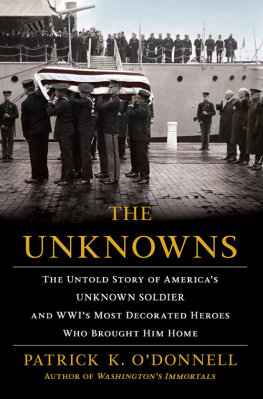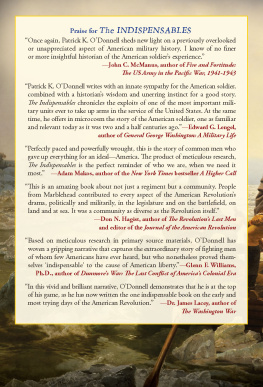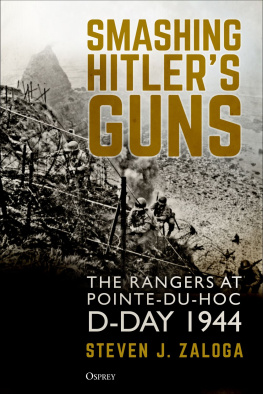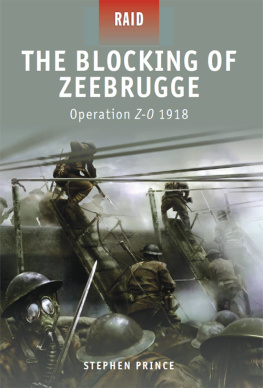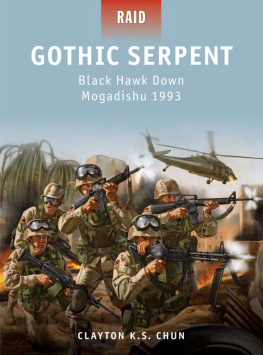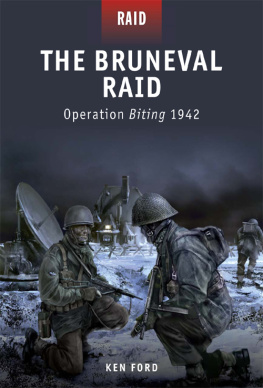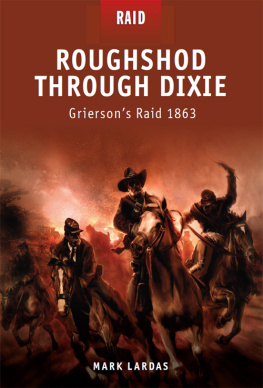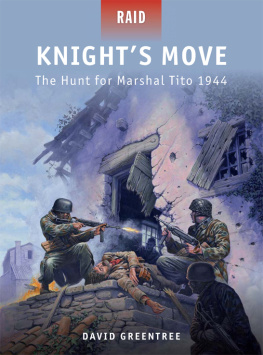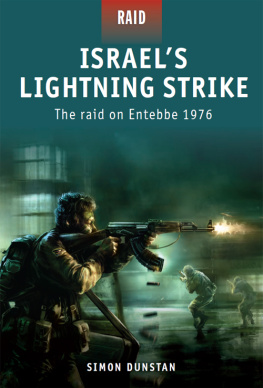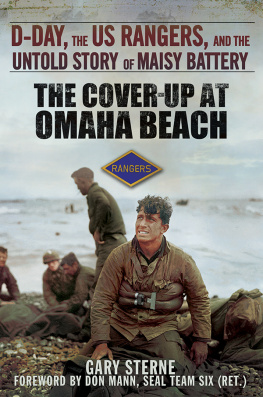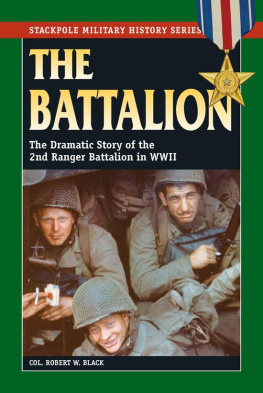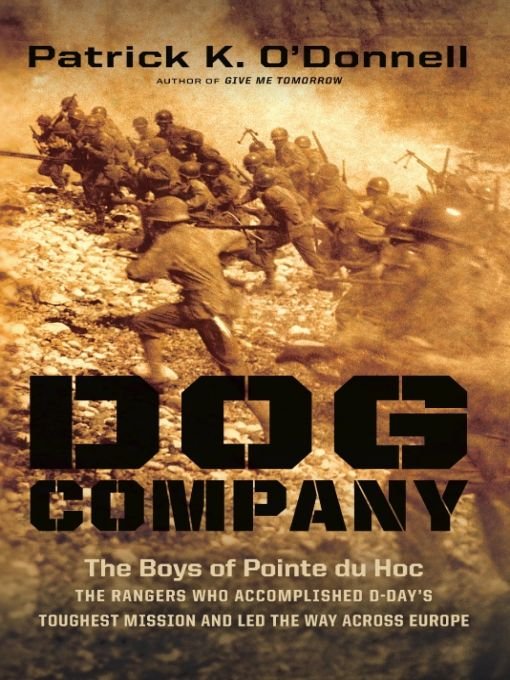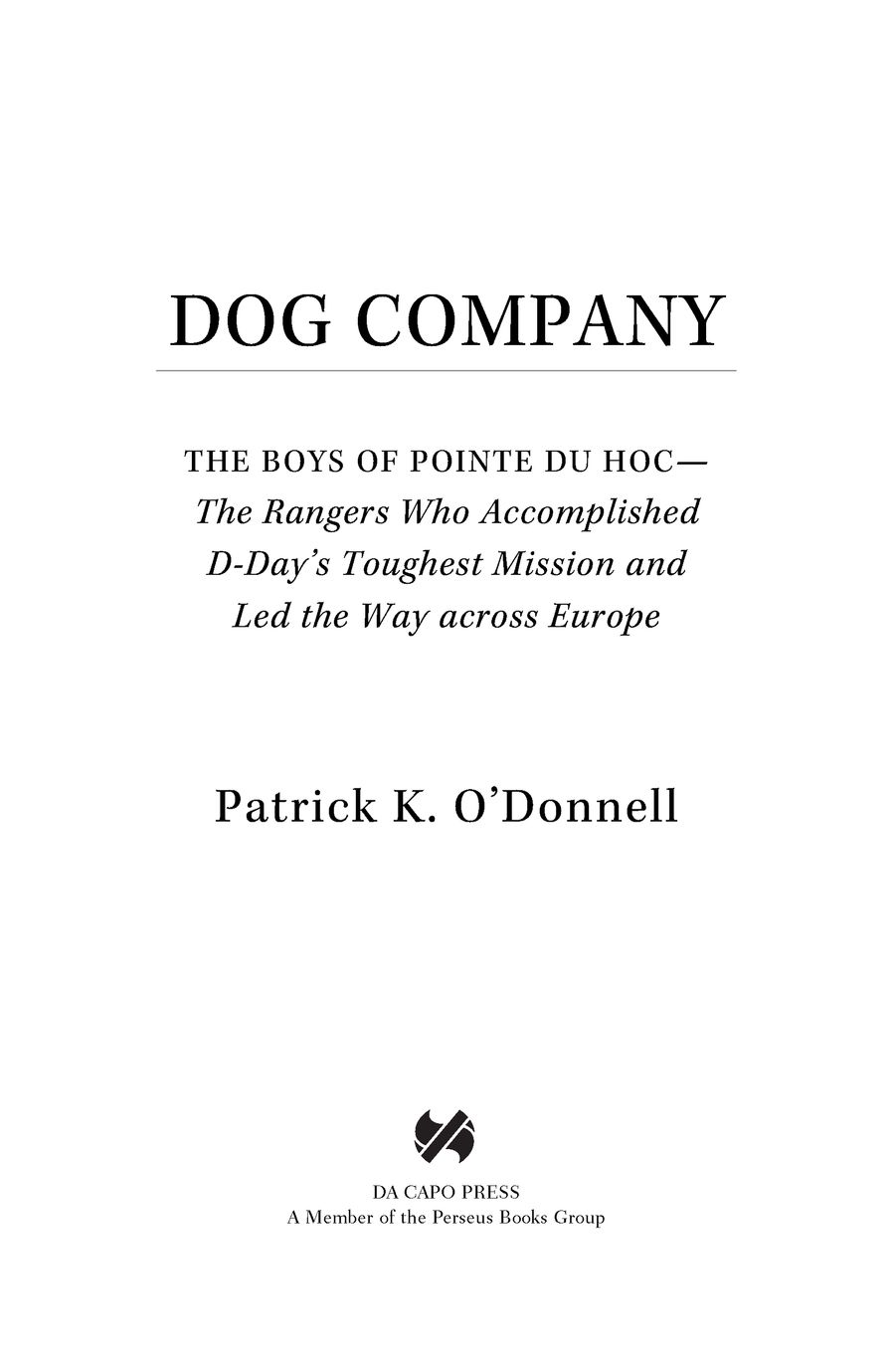Table of Contents
To the courageous men of
the 2nd and 5th Ranger Battalions whose collective actions
accomplished D-Days toughest mission and whose
legacy lives on in the next greatest generation of Rangers.
To my many friends of the World War II generation
your legacy is abiding and inspiring.
To all the Continental soldiers buried in unmarked graves.
For Lily,
the apple of my eye,
the greatest daughter in the world.
Prologue
June 6, 1984, Pointe du Hoc, Normandy
Flags fluttered in the breeze as the flash of cameras dovetailed President Ronald Reagans stirring words. The speech marked the fortieth anniversary of D-Day in a special place, a sacred place. Solemn yet impassioned, President Reagan addressed the watchful crowd and the entire nation:
We stand on a lonely, windswept point on the northern shore of France. The air is soft, but forty years ago at this moment, the air was dense with smoke and the cries of men, and the air was filled with the crack of rifle fire and the roar of cannon. At dawn, on the morning of the sixth of June, 1944, two hundred and twenty-five Rangers jumped off the British landing craft and ran to the bottom of these cliffs. Their mission was one of the most difficult and daring of the invasion: to climb these sheer and desolate cliffs and take out the enemy guns. The Allies had been told that some of the mightiest of these guns were here and they would be trained on the beaches to stop the Allied advance.
The Rangers looked up and saw the enemy soldiersthe edge of the cliffs shooting down at them with machine guns and throwing grenades. And the American Rangers began to climb. They shot rope ladders over the face of these cliffs and began to pull themselves up. When one Ranger fell, another would take his place. When one rope was cut, a Ranger would grab another and begin his climb again. They climbed, shot back, and held their footing. Soon, one by one, the Rangers pulled themselves over the top, and in seizing the firm land at the top of these cliffs, they began to seize back the continent of Europe. Two hundred and twenty-five came here. After two days of fighting, only ninety could still bear arms....
One of the finest speeches of the Cold War, Reagans words touched each of the veteran Rangers, now senior citizens, who stood shoulder to shoulder before him. Rays of sun gently lit their faces, now lined with age, as the Presidents words warmed their hearts.
Earlier, sixty-something Ranger veteran Herman Stein had miraculously reenacted the climb. A dozen young Green Beretsall Ranger-qualified and serving in West Germanyscaled the ninety-foot cliffs along with the veteran. His brother Rangers initially tried to dissuade Stein, now a roofer, from attempting this feat. Leonard G. Lomell, Dog Companys first sergeant on D-Day, jokingly chided Stein, Sixty-year-old Rangers shouldnt try to compete against the Green Berets. Were too old for this nonsense now.
The former Dog Company Ranger didnt listen. He not only scaled the precipice, but also out-climbed the younger Green Berets, easily beating them to the top. The crowd roared. The massive arms of Ranger Captain Otto Masny, who was affectionately called Big Stoop during the war, enveloped Stein in a bear hug. After his climb, Stein greeted the awaiting crowd and jokingly spoke a few words: All these younger guys will be all right if they just stick with it. They hug the cliff too much.
After President Reagan delivered his speech, he approached the line of veteran D-Day Rangers, each dressed in blue blazers with their distinctive, hard-won Ranger patches prominently displayed along with their combat infantry badges and numerous medals. Now, thanks to the Presidents rousing words, America had finally recognized the extreme bravery and sacrifices of its WWII veterans, acknowledging them as an example of the sacrifices needed to win the Cold War.
The President and First Lady Nancy Reagan hugged each of those Rangers presentLeonard G. Lomell, Tom Ruggiero, Jack Kuhn, L-Rod Petty, Frank South, and the othersbut took a particular liking to the last man in line, Herman Stein. Reagan was all over the moon about my climbing to the top of Pointe du Hoc. I think he wished he could have done it with me.
As the President and the audience thought back on the invasion of Normandy on D-Day, several of the Dog Company Rangers couldnt help but reflect on their longest day, December 7, 1944.
December 7, 1944, Bergstein, Germany: Hill 400
Fix bayonets! barked Captain Otto Masny, the hulking Ranger officer.
In a scene reminiscent of a World War I battle, both sides stared at each other across a no mans land. Lomell gazed beyond snow-covered ground the size of a football field as his eyes looked up at the ominous mount towering in front of Dog Company. Germans had dug foxholes at the base of the hill and manned bunkers. The icy, flat expanse made an ideal killing field. Germans held their fingers poised on the triggers of their machine guns; with a rate of fire of up to 1,500 rounds per minute, the gunners stood ready to tear the Rangers bodies to pieces.
BOOM! BOOM! BOOM! BOOM!
A creeping artillery barrage and mortars slowly closed in on Dog Company.
Like a tightly wound, coiled spring, tension within the Rangers ranks soon reached a breaking point. The acrid stench of cordite assaulted their nostrils. They knew the American artillery exploding in front of them would soon intersect with the German mortars dropping behind them. With Dog sandwiched between the ordnance from both forces, the falling fire would turn the company to hamburger meat within seconds.
Suddenly, a Ranger stood up, raised his tommy gun above his head and screamed: Lets go get the bastards!
A Dog Company officer yelled, Go!
The Rangers fired a tremendous volley into the German positions facing them. In unison, they stood and let loose a blood-curdling Rebel yell as they charged across the open field.
WA-WOO-WOOHOO! WA-WOO-WOOHOO! WA-WOO-WOOHOO!
Shooting from the hip, the Rangers rushed through the snow-crusted field. We stood up just like in a movie. It was like seeing a wave in the football field. We went over the field as one, remembered one Ranger.
Mortars and artillery shells exploded next to the men as Dog Company charged into a hail of bullets. Rangers began falling, wounded and maimed in the intense fire. German machine guns opened up from behind a nearby bunker and other positions. Halfway across the field, the Ranger charge grew staggered, as some men ran faster than others. Lomells heart pounded and his adrenaline surged as he and the other men raced across the field toward Hill 400.
Stunned by the sight of 120 seemingly crazy Americans screaming and yelling as they charged, some of the Germans abandoned their pillboxes and machine gun positions and ran for their lives up the hill.
A Ranger later reflected on the moment: With bayonets shining, hip firing, and yelling a battle cry that probably goes back into the eons of time, we charged into the jaws of death.
CHAPTER 1
Dog Company


